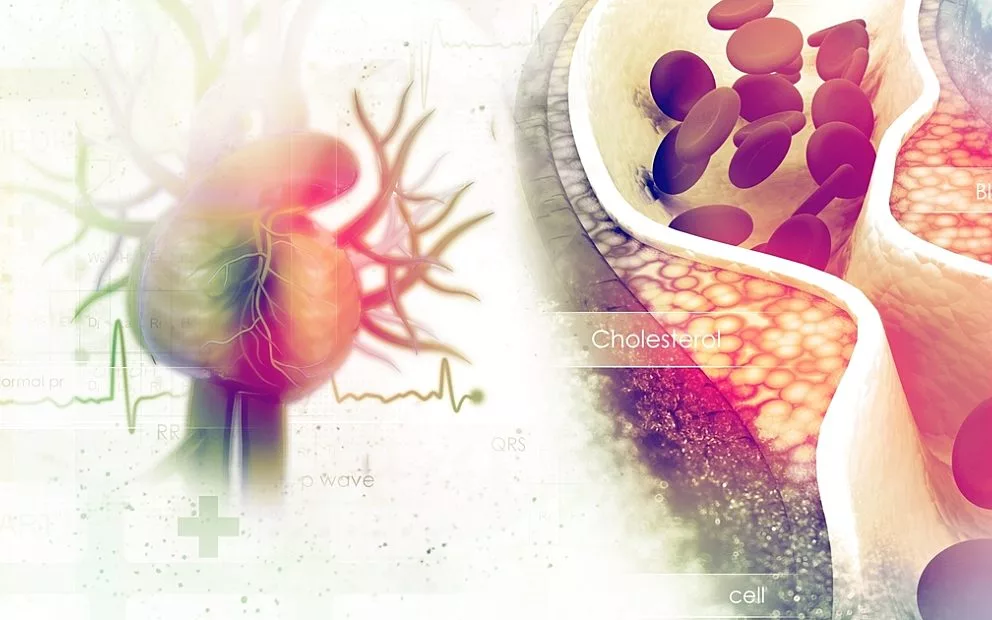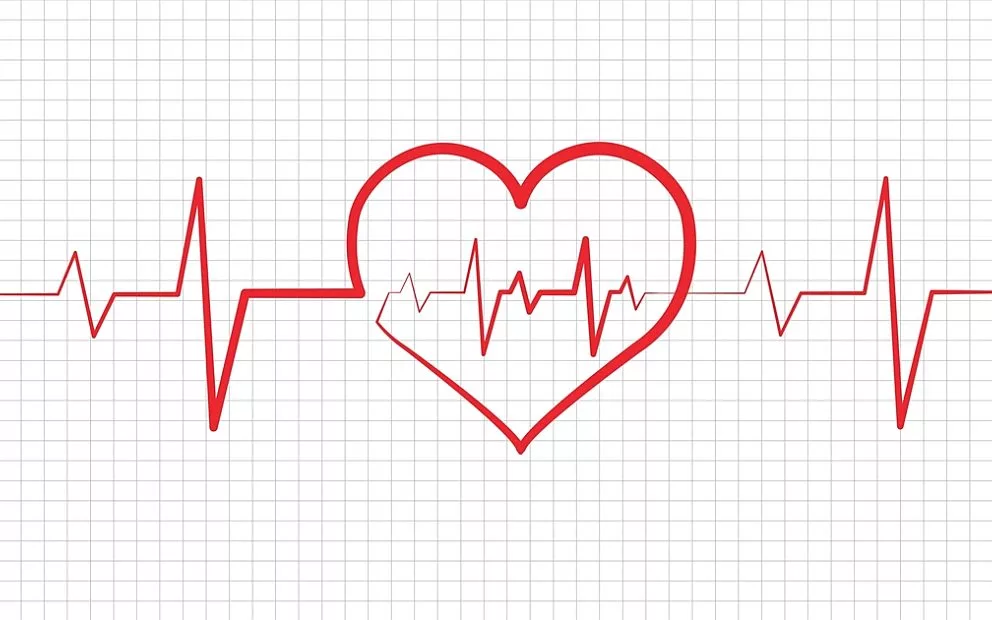A drug designed to reduce heart attacks, angina and stroke has surprised researchers by revealing its ability to instead lower levels of “bad” cholesterol and boost the “good”.
Professor Stephen Nicholls, Deputy Director and Heart Health Theme Leader at the South Australian Health and Medical Research Institute (SAHMRI), Cardiologist at the Royal Adelaide Hospital and Professor of Cardiology at the University of Adelaide, will present the findings of ACCELERATE, a 12,000 participant trial this Sunday in the USA, explaining how a drug hoped to reduce cardiovascular events was ineffective for this purpose, however, it has been shown to double high-density lipoprotein (HDL or ‘good’ cholesterol).
Professor Nicholls said that these findings are being presented at a major scientific meeting of the American College of Cardiology in Chicago, which is another excellent example of SAHMRI research being presented on the global stage.
ACCELERATE, the phase 3, multi-centre clinical trial, was led by Professor Nicholls and Dr Steve Nissen and Dr A Michael Lincoff at the Cleveland Clinic Coordinating Center for Clinical Research (C5Research).
Collaborating with other researchers studying evacetrapib have shown that despite reducing levels of low-density lipoprotein (LDL, or “bad” cholesterol) by 37 per cent and raising levels of HDL by 130 per cent, the drug failed to reduce rates of major cardiovascular events, including heart attack, stroke, angina or cardiovascular death. Researchers observed a borderline significant reduction in all-cause mortality in the evacetrapib group; however, that was not driven by a decrease in cardiovascular death.
ACCELERATE was discontinued in October 2015, on the recommendation of the independent Data Monitoring Committee after preliminary data suggested the study would not meet its primary endpoint of a reduction in major cardiovascular events.
Professor Nicholls added that new treatments for heart disease are needed, but unfortunately, this agent will not be one of them.
“We only make these discoveries by performing large clinical trials, which enrol more than 10,000 patients in up to 40 countries around the world,” Professor Nicholls said.
“SAHMRI is playing a major role in the leadership of these trials. It’s an important sign of how we are building the capacity to perform high quality clinical research in South Australia.”
The trial involved more than 12,000 patients at more than 540 sites who were at high risk for serious cardiovascular problems. They were randomized to receive either 130 milligrams of evacetrapib or a placebo daily, along with standard medical therapy throughout the trial. Study participants either had an acute coronary syndrome 30 days to one year before enrolling, had cerebrovascular atherosclerotic disease, had peripheral vascular disease, or had both diabetes and coronary artery disease.
About Evacetrapib
Evacetrapib is in a class of drugs known as cholesteryl ester transfer protein (CETP) inhibitors. They work by disrupting the process which normally transfers cholesterol from HDL cholesterol to LDL cholesterol in the body. Animal and genetic studies have suggested that CETP deficiency is cardioprotective; however, this is the third failure in this class of drugs. Results of a phase 3 clinical trial of the first drug, torcetrapib, showed an increase in adverse outcomes. Trials were stopped for dalcetrapib, a second CETP inhibitor, when it was also found to be ineffective. Evacetrapib was thought to be a promising approach because it is a potent CETP inhibitor and lacks the toxicity of torcetrapib.
Safety concerns were not raised by the trial, and the study didn’t reveal any major side effects.


